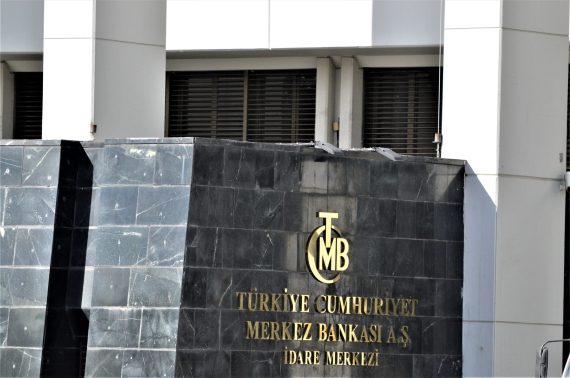A report published by the SETA Foundation draws a roadmap towards a new economy under the new presidential system in Turkey.
The report, “New System New Economy: A Detailed Roadmap” concentrates on the fields of industrial, agricultural, fiscal, and monetary policies and on institutional systems and the bureaucracy in accelerating the developments in Turkey’s economy. While the key points emphasized in the report are nativity and the efficient collaboration between various institutions, the authors also encourage long-term development and progress.
Although there has been concrete development in the Turkish economy, the report suggests that if the new system is established in the right way, Turkey is likely to reach its true potential – and even surpass it – in a short period of time. Effective and inclusive economic reforms are required in order to achieve this success.
The suggestions made in the report, covering the five different areas, are listed below.
Industrial policy
The report suggests for there to be set performance goals in the industry sector and for incentives to be given to companies in this field. The amount of incentives that companies will receive should be determined according to some specific performance criteria, such as the nativity rate of production, the amount of exports, and the number of patents applied.
If the performance targets cannot be met, the precautions that can be taken within the lines of the market economy must be predetermined and feasible. In addition, public procurement should be used more effectively, contributing to the development of domestic technology.
One further suggestion in this field is to put in place patient capital-style financial models, ready to take risks and avoid high financial returns if necessary, in order to enable companies to introduce breakthrough technologies and/or create new markets where they will be able to provide long-term funding on the terms appropriate to them.
Agricultural policy
Despite the fact that the proportion of support and incentives in the agricultural sector have increased during the AK Party governments, there are still significant structural problems in the sector.
Suggestions are made as to how to develop policies that aim to balance the import-export equation in the agricultural sector. Among these are the establishment of more functional agricultural banks, the utilization of technological developments, follow up of R&D and innovation activities in order to increase agricultural efficiency.
The report states that these efforts ought to be supported in an integrated manner with social infrastructure and rural development projects. In a country where the average age of farmers is increasing, young entrepreneurs should be encouraged and motivated so to keep them in this sector.
Fiscal policy
Recommended
According to the report, Turkey’s budgetary discipline since 2002 has contributed to the national economy in various dimensions. Within IMF listings, Turkey is among the countries with the least public debt in the world.
Reducing the indirect tax burden on energy will seriously benefit Turkey, since energy prices on economic development issues are of great importance.
The report also states how Turkey’s expenditure on social protection has been increasing since 2002. It is emphasized that this increase should be maintained in order to increase social protection expenditures and to expand welfare state implementations in accordance with state facilities.
Money politics
According to the report, monetary policy should be removed from being a topic only within the context of the Central Bank of Turkey (CBRT). All institutions and organizations on financial markets (Banking Regulation and Supervision Agency, Saving Deposit Insurance Fund, Capital Market Boards…) should have a more active and constructive role in supporting monetary policy.
Public banks should aim for “value-added maximization,” and not for “profit maximization,” and should also support Turkey’s development in this field.
More, the CBRT should abandon its understanding that it has no other role to play other than stabilizing prices in the course of economic development. Rather, it should take into consideration the fact that the strict monetary policy applied has long-term damage to the real economy and economic development.
Institutions and bureaucracy
For more efficient ministries and committees, Turkey needs to direct experienced individuals to work in the field of bureaucracy.
The line management of newly established boards should not only consist of those from the field of bureaucracy and academia but also with individuals who have experience in the private sector.
In order to facilitate the daily life of citizens and companies, the report suggests to remove all unnecessary bureaucratic stationery operations as soon as possible, and suggests to develop a balanced reward-punishment mechanism in order to increase the job motivation and satisfaction of bureaucrats.
*Written by Suna Nur Sarihan.





